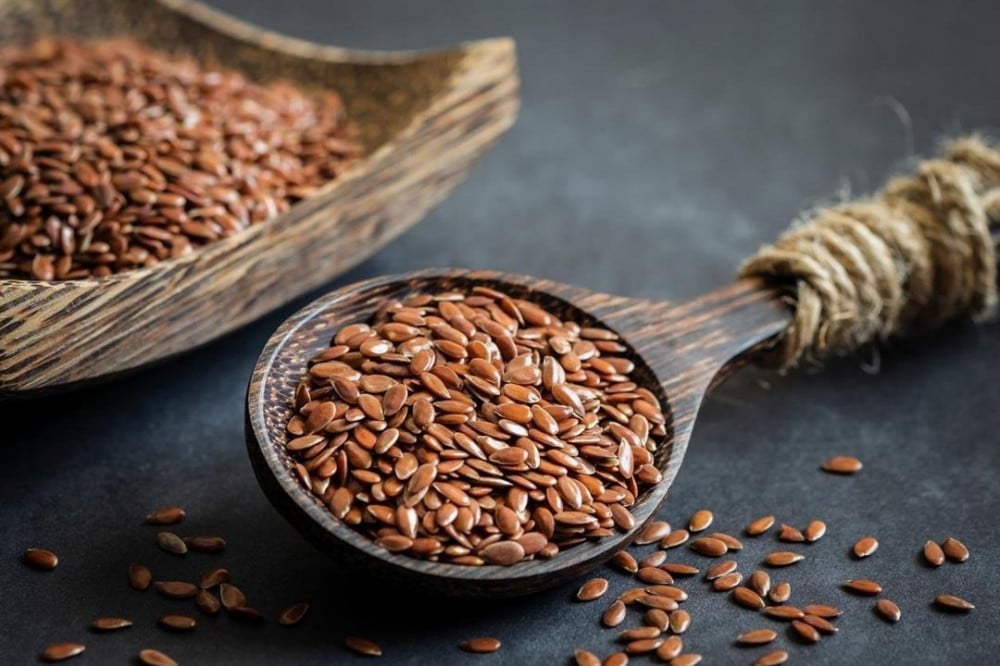
Garden cress, also known as “marjoram,” is a medicinal herb used in alternative and traditional medicine for centuries. It contains many health benefits, but it may also have some harms that must be taken into consideration. Learn with the best herbalist store in Saudi Arabia about some of the benefits and potential harms of cress seeds:
Benefits of cress seeds:
- Improving digestive health: Garden cress is a useful herb for improving the digestive process and relieving intestinal disorders such as bloating and gas.
- Strengthening the immune system: Garden cress contains antioxidants and natural compounds that enhance the health of the immune system and help fight diseases and infections.
- Strengthening bones: Garden cress contains important minerals such as calcium, iron, and magnesium, which contribute to strengthening bones and maintaining their health.
- Regulating blood sugar levels: Garden cress is believed to contribute to regulating blood sugar levels, which benefits people who suffer from diabetes.
- Improving skin and hair health : Garden cress is believed to contribute to improving skin and hair health, and may help combat problems such as acne and hair loss, as it is used in the manufacture of hair care products .
It is widely used to treat abdominal pain, heal broken bones, and treat gout. It also plays a role in the treatment and management of many conditions such as: asthma, infections, blood clots, and urinary incontinence. Since it contains important phytochemicals (such as: alkaloids, flavonoids, cardiac glycosides, coumarin, tannins, uric acid, etc.)
It also promotes bone health. One of the most common causes of bone fractures is deficient levels of vitamin K. Therefore, to protect your bones from the brittle condition caused by aging and vitamin deficiency, include garden cress in your diet, as it is rich in vitamin K. It is a fat-soluble vitamin involved in nutrient absorption and bone formation. It works to enhance immunity: Garden cress helps the body fight diseases and improves the immune system because it contains vitamin C, which is an antioxidant that protects the body from oxidative stress and reduces the risk of infection and thus protects against certain diseases such as: diabetes, high blood pressure, cholesterol, and heart disease. .
Harmful effects of cress seeds:
Learn about the harm that cress seeds can cause with the Atara Shop article :
- Allergic reactions: Garden cress may cause allergic reactions in some people, such as skin rash and itching. Therefore, it is recommended to perform a simple test to check for any negative response before using it in large quantities.
- Interaction with medications: Garden cress should be used with caution in people who take certain medications, as it can interfere with some medications and affect their effectiveness.
- Possibility of increased thyroid activity: Because it contains compounds that may affect the thyroid gland, people who suffer from thyroid disorders are advised to be careful when eating garden cress.
- Effect on hormones: Garden cress is a grain that contains compounds that may affect hormones, and its use in large quantities may lead to changes in hormone levels. Its use in large quantities should be avoided by pregnant or breastfeeding women and people who suffer from hormonal disorders such as high estrogen levels.
- Effect on the digestive system: In some cases, garden cress may cause irritation to the digestive system and lead to problems such as nausea, vomiting, and diarrhea. It is recommended to avoid using it in large quantities if you suffer from chronic digestive problems.
- Effect on the blood: Garden cress is considered a toxic substance in some cases when consumed in large quantities, and may lead to an effect on the properties of the blood and an increase in the clotting rate. You should avoid using it in large quantities if you suffer from blood disorders or take anticoagulant medications. You can contact us at any time if you need to know more about garden cress.

